Bypass Solution
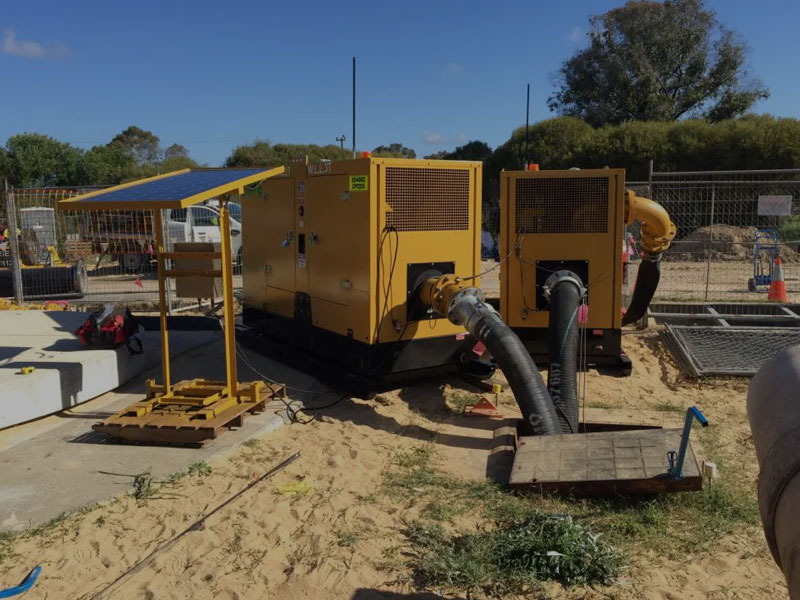
Welcome to our AWSD webpage on bypass solutions utilizing pumps and/or plugs! Here, you will find a comprehensive overview of how pumps and plugs can be used for effective bypass solutions in various industries and applications.
Introduction:
Bypass solutions are essential in situations where temporary redirection of fluid flow is required, such as during maintenance, repairs, or upgrades. Pumps and plugs play a crucial role in creating efficient and reliable bypass systems, ensuring minimal disruption to operations.
1. Bypass Pumps:
Bypass pumps are designed to divert flow around a specific section of a piping system. They can handle a wide range of flow rates and pressures, making them suitable for both small and large-scale applications. Our webpage will provide detailed information about different types of bypass pumps, including submersible pumps, centrifugal pumps, and high-pressure pumps.
- Submersible Pumps: Ideal for bypassing or dewatering underground tanks, wells, or confined spaces. These pumps are completely submerged in the fluid and can handle solids and debris.
- Centrifugal Pumps: Commonly used for bypass solutions due to their high flow capacity and ease of use.
- High-Pressure Pumps: Suitable for applications requiring high pressures. These can handle the most demanding bypass situations and are often used in industrial settings or municipal projects.
2. Bypass Plugs:
Bypass plugs are inflatable devices that create a temporary seal within a pipeline, diverting flow away from the section under maintenance or repair. They are highly versatile and can be used in various pipe materials and sizes. Our webpage will provide detailed information about the different types of bypass plugs available:
- Inflatable Plugs: These plugs use compressed air or water to expand and seal the pipeline. Inflatable plugs are lightweight and easily portable, making them convenient for bypass solutions in different locations.
- Mechanical Plugs: These plugs are typically made of durable materials such as steel or aluminium. They use mechanical means to create a tight seal and can withstand high pressures and harsh environments.
- Composite Plugs: These plugs combine the advantages of both inflatable and mechanical plugs, offering flexibility, durability, and reliable sealing capabilities.
3. Applications:
Our webpage will also cover the various industries and applications where bypass solutions utilizing pumps and plugs are commonly used:
- Municipal Projects: Bypass solutions are often required during infrastructure repairs, sewer line maintenance, or waterline upgrades. Pumps and plugs enable seamless redirection of flow while minimizing disruptions to the community.
- Industrial Maintenance: Industries such as oil and gas, petrochemical, and power generation rely on bypass solutions for routine maintenance, equipment upgrades, or emergency repairs. Pumps and plugs provide a safe and efficient way to redirect or isolate flow in these critical systems.
- Construction Projects: During construction of new facilities or renovation projects, bypass solutions are necessary to maintain continuous flow in existing pipelines. Pumps and plugs ensure smooth project execution without interrupting operations.
- Environmental Remediation: Bypass solutions may be needed to redirect or isolate contaminated fluids during environmental clean-up projects. Pumps and plugs help contain the hazardous materials and prevent further contamination.
Conclusion:
Bypass solutions utilizing pumps and plugs are essential in various industries and applications, enabling temporary redirects of fluid flow during maintenance, repairs, or upgrades. Our webpage provides comprehensive information on different types of pumps and plugs, as well as their applications in different industries. With our expertise and reliable equipment, we ensure efficient and secure bypass solutions tailored to your specific needs. . Contact us via phone at 1 833 379 2973 or email us at info@awsdus.com today to learn more or request a consultation for your bypass project.
Let's Get In Touch with us.
Get a Quote or Contact us NowMore Services
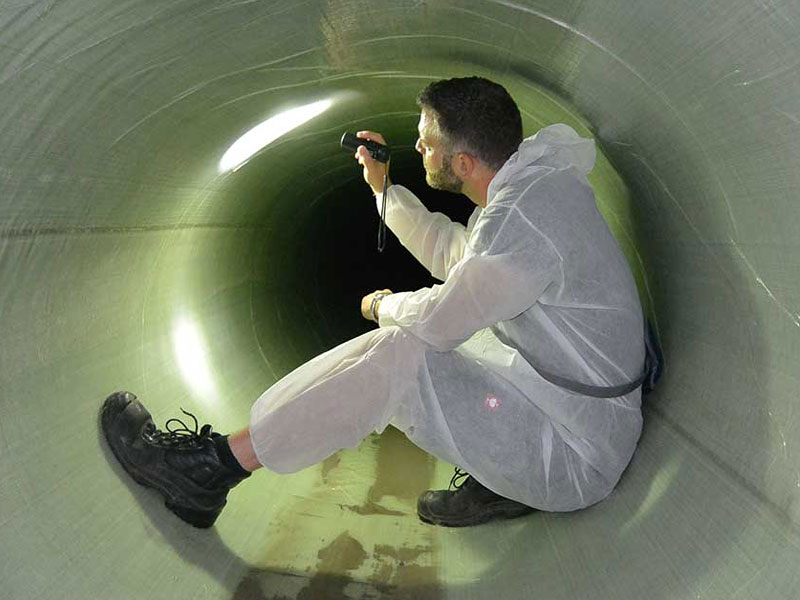
CIPP (Cured in Place Pipe)
We cure in place pipe from 2" up to 110"
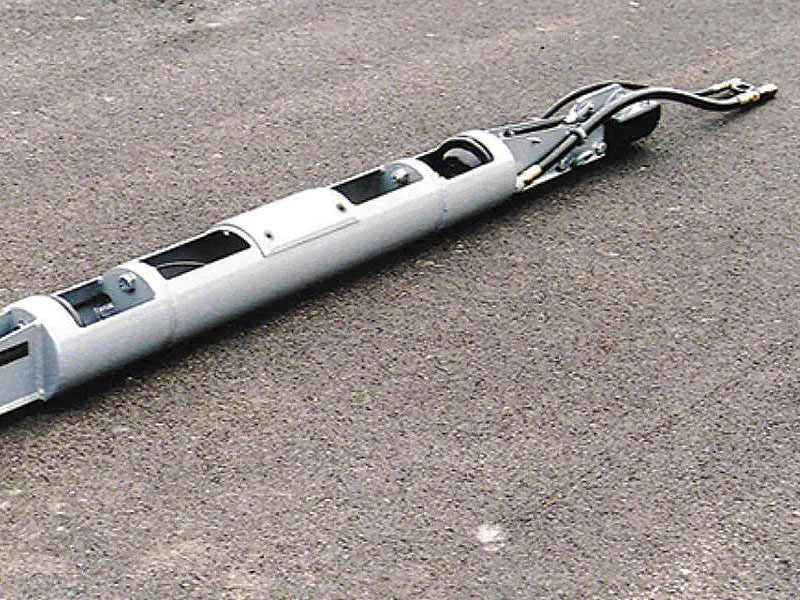
Sewer Sag Correction
Sewer sags can be a significant headache for municipalities, property owners, and industrial facilities.
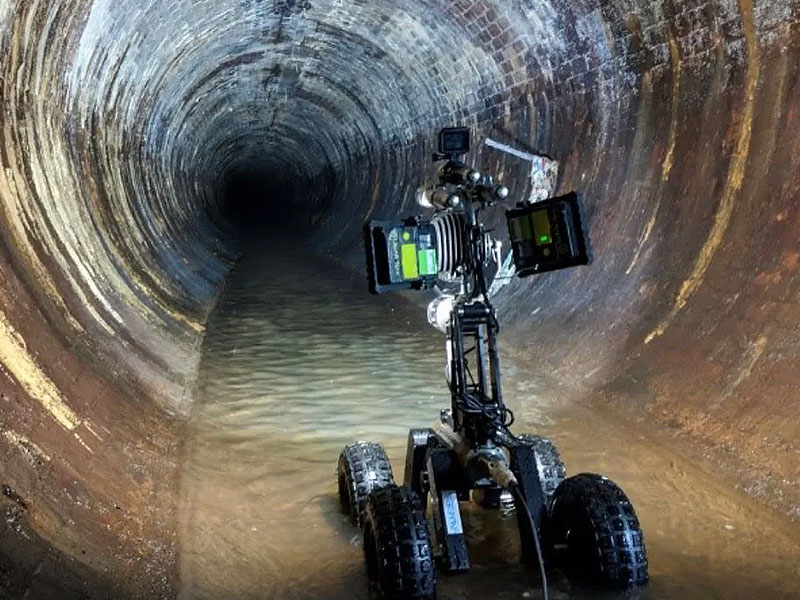
CCTV Pipe Cleaning
In the realm of pipeline maintenance and cleaning, precision and thoroughness are paramount.
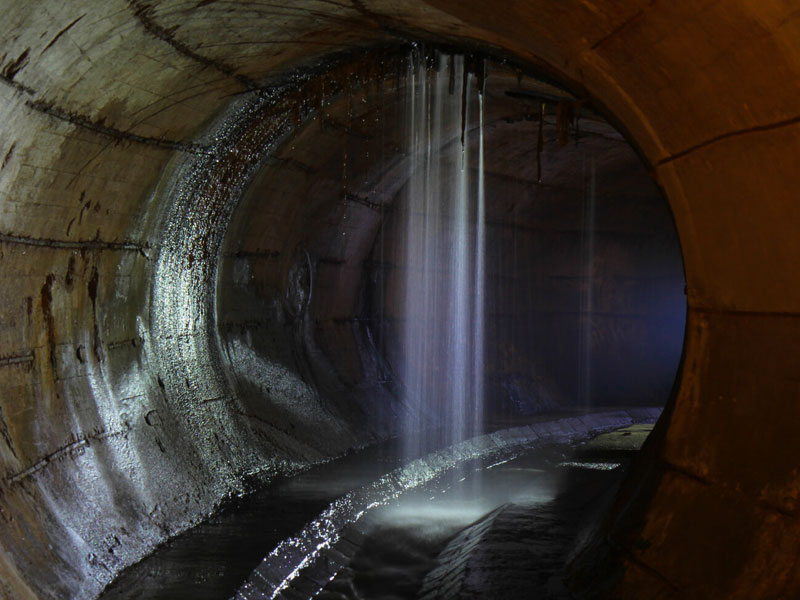
Pipe Leak Infiltration
Leaky pipes and infiltration issues can wreak havoc on your infrastructure and lead to significant problems down the line.
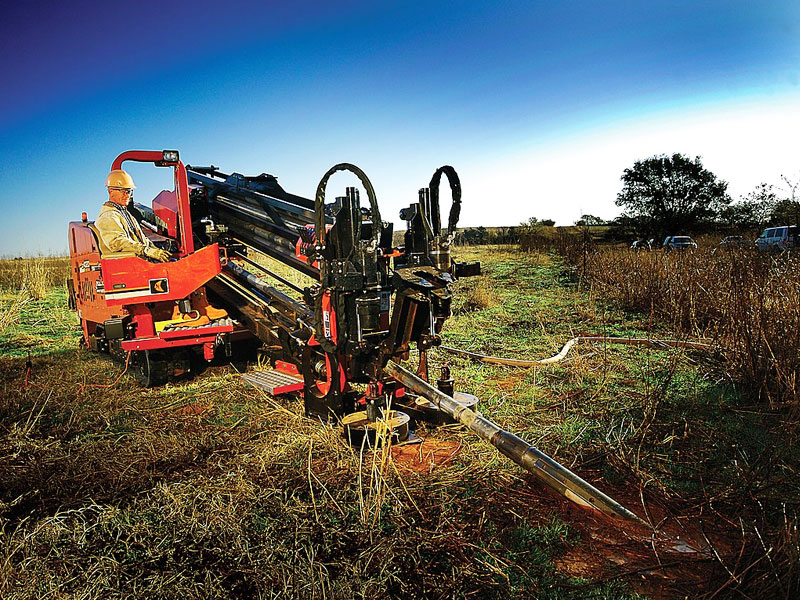
Directional Drilling
Welcome to our website AWSDUS.com, where we provide comprehensive information about directional drilling.
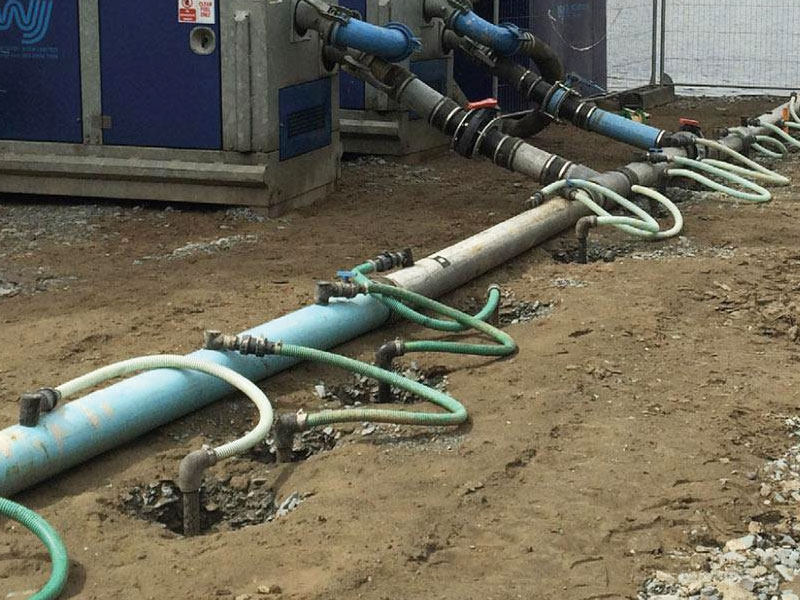
Dewatering
Dewatering is the process of removing water from a construction site, excavations, or any other area that needs to be kept dry.

Bypass Solution
Welcome to our AWSD webpage on bypass solutions utilizing pumps and/or plugs! Here, you will find a comprehensive overview of how pumps
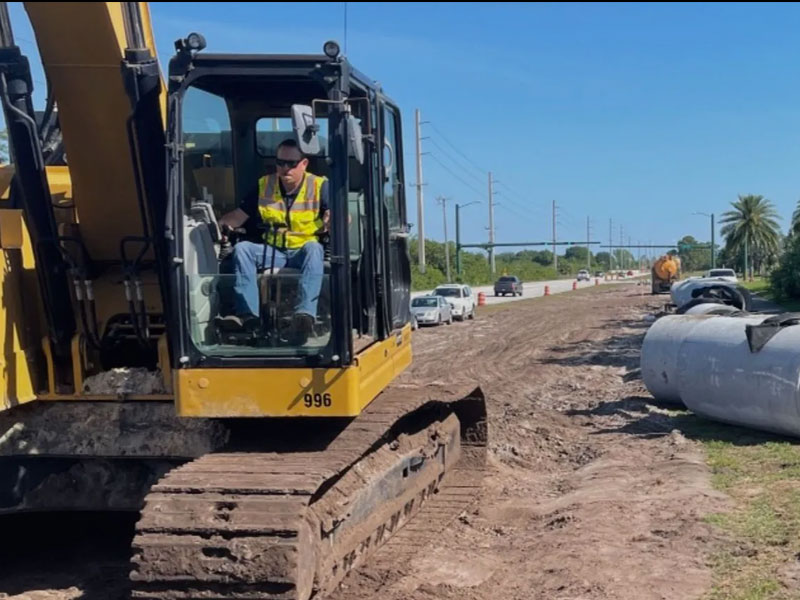
Trenchless Traditional
Welcome to our website! We are proud to offer a range of trenchless traditional services that can help you complete your construction projects efficiently
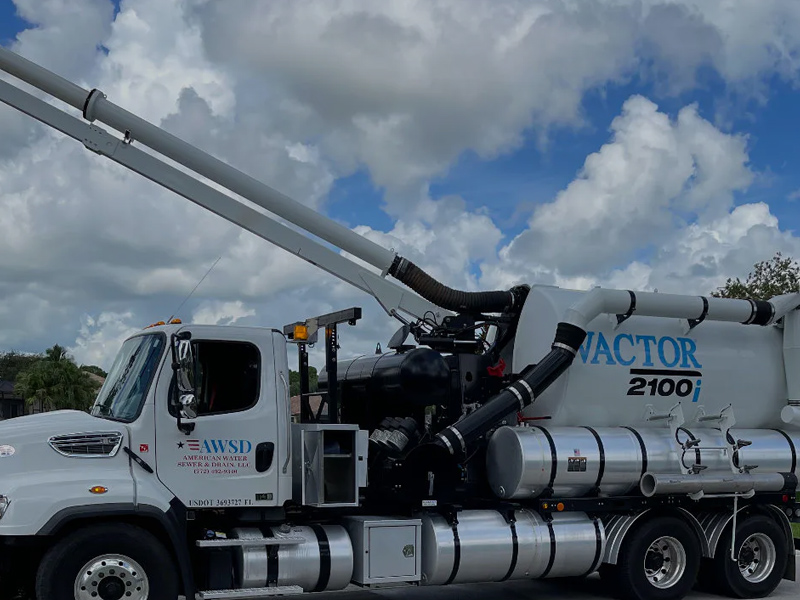
VAC Truck
When it comes to efficient cleaning of storm and sewer pipes, structures, lift stations, and manholes